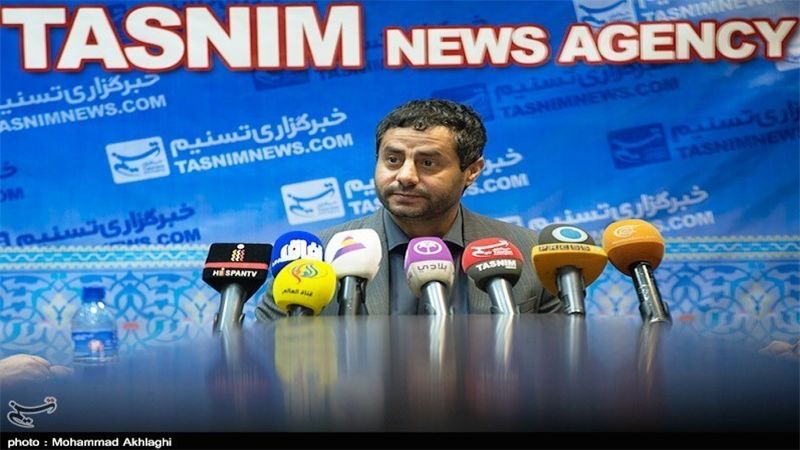
Local Editor
Mohammad al-Bakhiti, a member of Yemen’s Supreme Political Council, said recent infighting between the enemy forces in the port city of Aden has its roots in the dispute between Saudi Arabia and the United Arab Emirates over their share of spoils of war.
Speaking to Tasnim, Bakhiti pointed to the infighting between Saudi-backed militants and UAE-backed separatists in Yemen that has fractured the alliance battling the Houthi Ansarullah movement and said Saudi Arabia had agreed to give southern Yemen to the UAE.
Saudi Arabia had pinned its hopes on the return of fugitive former president Abd Rabbuh Mansour Hadi to Sana’a as “a nominal ruler” to satisfy its greed in Yemen but when it realized this is not possible, it focused on the occupied southern provinces of Yemen, he added.
These provinces were expected to be completely given to the UAE under a secret deal between the two allies but the issue led to a dispute between them, said Bakhiti, who is also the spokesman for the Ansarullah movement.
UAE-backed separatists known as the Southern Transitional Council reportedly seized the presidential palace and other important sites in Aden on Saturday, effectively wresting control of the port city from Saudi-backed forces.
The Saudis backing Mansour Hadi’s regime hit back on Sunday, saying they attacked one target, after threatening to act if southern forces do not cease fighting.
Yemen’s defenseless people have been under massive attacks by the Saudi-led coalition for more than four years but Riyadh has reached none of its objectives in Yemen so far.
Since March 2015, Saudi Arabia and some of its Arab allies, including the UAE, have been carrying out deadly airstrikes against the Houthi Ansarullah movement in an attempt to restore power to Hadi.
Official UN figures say that more than 15,000 people have been killed in Yemen since the Saudi-led bombing campaign began.
The Saudi-led war has impacted over seven million children in Yemen who now face a serious threat of famine, according to UNICEF figures. Over 6,000 children have either been killed or sustained serious injuries since 2015, UN children’s agency said.
The humanitarian situation in the country has also been exacerbated by outbreaks of cholera, polio, and measles.
Source: News Agencies, Edited by Website Team